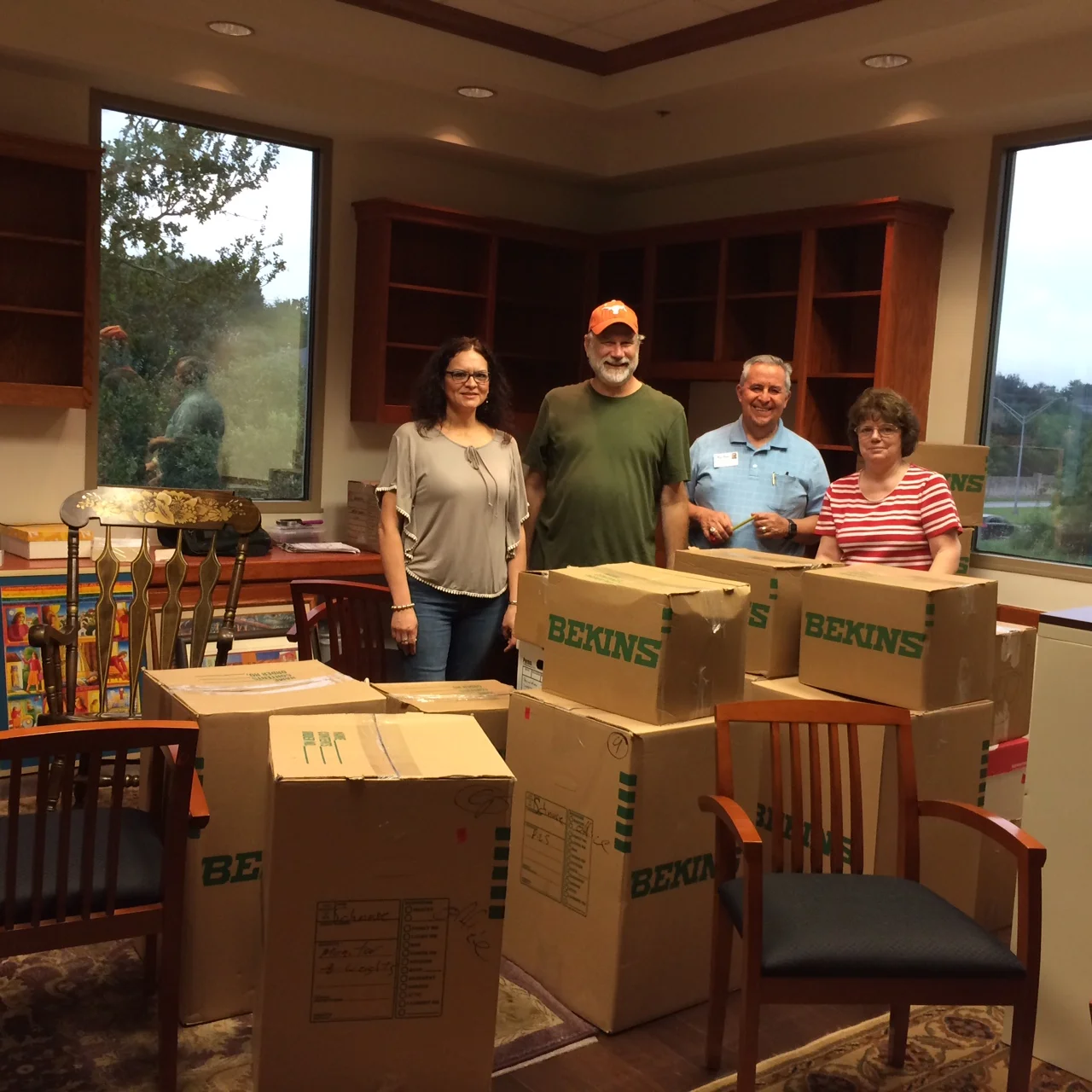The Rio Texas Conference includes 379 congregations, with 123,543 members, and an average weekly worship attendance of 47,190. The number of churches with 100 people or fewer in attendance is 257, or 68% of our churches. Fifteen churches account for 29% of our attendance on any given weekend. The number of large churches (350 or more in attendance) has declined from 36 to 23 since 2005. Since 2005, the Rio Texas Conference has lost an average of 1,137 members each year and an average of 895 attendees each year.
To faithfully address these trends in a manner that extends the ministry and mission of Jesus Christ requires us all to do a great deal of learning, of experimentation. It requires boldness, honesty, and courage. We’re going to have to hold each other accountable to ministry that is outward-focused, Christ-centered, fruitful, and excellent. We’re going to have to learn new ways to engage the communities where we serve, to take greater initiative in offering ministries that relieve suffering, confront injustice, heal divisions, and bring the good news of Christ to people we have had difficulty reaching in the past—especially younger, more diverse populations.
For many people, leadership means influencing people to follow the leader’s vision. For me, leadership means helping the community face its challenges. I don’t come to this task with hundreds of answers or dozens of secret formulas and a crystal clear plan that I expect everyone to adopt. Rather, my role is to ask hard questions that help us learn our way toward more fruitful ministry, questions such as, “What is the purpose of an annual conference? Are we doing the right things with our resources? What are the activities that are so critical to our mission that failure to perform them with excellence will lead to continued decline? How can we learn to do ministry more effectively with next generations?” These kinds of questions require deep conversation, earnest prayer, and active decision-making about the future goals and uses of the conference’s resources.
Among the most immediate challenges before us are: rethinking apportionments, including re-evaluating the size of our budget and the use of our resources; addressing general morale issues and anxieties about division in the church; continuing the unification process; and aligning our conference work in the most effective way to support an increase in our ministries among local churches.
I’m exhilarated by the challenge. I’ve been pleasantly surprised by the readiness and willingness of nearly every group of pastors and laity I’ve met with to begin the hard work of learning how to address the challenge of increasing the number of healthy, fruitful congregations that impact the world through the work of Christ.
In the previous blog, I mentioned the journal I keep of personal experiences and reflections. Each year I start fresh. I used to list goals—how many miles I would run, how many hours a week or days a month I would give to some activity. But in recent years, I’ve moved away from numerical goals. Instead, I begin the year by expressing several key commitments I’m willing to make and hold myself accountable for. For instance, in my personal life, I’m committed to a satisfying and happy marriage with Esther. I’m committed to supporting Karl and Paul through their next steps toward self-sufficiency, independence, and general happiness. I’m committed to helping my parents navigate the joys and losses, hopes and fears, of their later years. I’m committed to good health, and to developing patterns of exercise, diet, and self-care. I’m committed to spending generous amounts of time outdoors—walking, fishing, birding, hiking. Under each of these statements, I add a few specifics that I aspire to fulfill to help me live out the commitment.
I also try to articulate a list of commitments for my spiritual life and for my life in ministry. I’m committed to the daily rediscovery of grace. I’m committed to nurturing my relationship with Christ, growing in grace and in the knowledge and love of God. I’m committed to offering my utmost and highest in service to Christ. I’m committed to pushing the church to look outward, beyond its own survival, to bring Christ’s healing to the world.


















